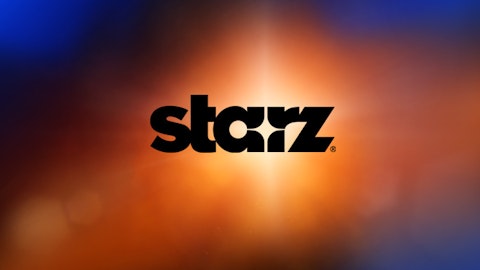With Netflix shares trading around $240 per share, Icahn’s 10% stake is now worth $1.3 billion giving him a $1 billion profit. In order for Icahn to cash in on his windfall, he must sell some of his shares, thus putting an overhang on Netflix stock in the short term. Icahn himself has not said when he will cash out, but with Netflix shares trending higher, the chances of Icahn leaving increases every day.
The competitors
Both Google and Amazon compete against Netflix in the internet streaming video market.
Google competes against Netflix with YouTube, the third most frequently visited website in the world with more than 1 billion unique users per month. YouTube has shown that it is adept at broadcasting live events such as the presidential debates or the Red Bull Stratos space diving event.
Right now, YouTube monetizes its user generated content plus music videos solely based on ads, but it could easily move into the Netflix area and compete. Google has over $40 billion in cash on the balance sheet and is currently haggling over content deals with Hollywood studios. Morgan Stanley predicts that YouTube will generate $20 billion in revenue and $5 billion in profit a year by 2020.
Amazon has shown remarkable persistence, just as it did against book sellers and retail stores. Netflix CEO Reed Hastings estimates that Amazon is spending (and most likely losing) $1 billion a year to offer streaming content to its Amazon Prime subscribers to compete against Netflix.
Amazon Prime subscribers pay $79 a year for free 2 day shipping and unlimited access to Prime’s inventory of TV shows and movies.
Overall, Amazon Prime has about half the content as Netflix, but has been growing rapidly, going from 5,000 TV shows and movies in 2011 to around 40,000 as of 2013. Morningstar analyst R.J. Hottovy estimates that Amazon Prime has about 10 million subscribers and will have 25 million by 2017.
Conclusion
Let’s take a look at how Netflix compares versus its competitors.
| P/E (ttm) | Forward P/E | 5-year PEG (expected) | Price to Sales (ttm) | Return on Equity (ttm) | Profit Margin | |
| 26.15 | 17.59 | 1.43 | 5.40 | 15.24% | 20.85% | |
| Amazon | N/A | 100.6 | 6.39 | 2.16 | N/A | N/A |
| Netflix | 613 | 79 | 8.33 | 3.73 | 3.31% | 0.65% |
| Advantage: | Amazon |
Google is the best in terms of valuation, profit margin, and price to growth, while Amazon is the best in terms of price to sales.
In my opinion, Google is the best buy because it has the tallest moat with its dominant search division. With YouTube and Google Fiber, it stands to benefit the most from the TV to internet trend.
Amazon investors will continue to capitalize on the growth of internet e-commerce.
Investors should avoid Netflix because it is extraordinarily expensive for growth ahead and could see more competition.
The article Netflix – Is There More Upside? originally appeared on Fool.com and is written by Jason Bond.
Jason Bond has no position in any stocks mentioned. The Motley Fool recommends Amazon.com, Google, and Netflix. The Motley Fool owns shares of Amazon.com, Google, and Netflix. Jason is a member of The Motley Fool Blog Network — entries represent the personal opinion of the blogger and are not formally edited.
Copyright © 1995 – 2013 The Motley Fool, LLC. All rights reserved. The Motley Fool has a disclosure policy.





